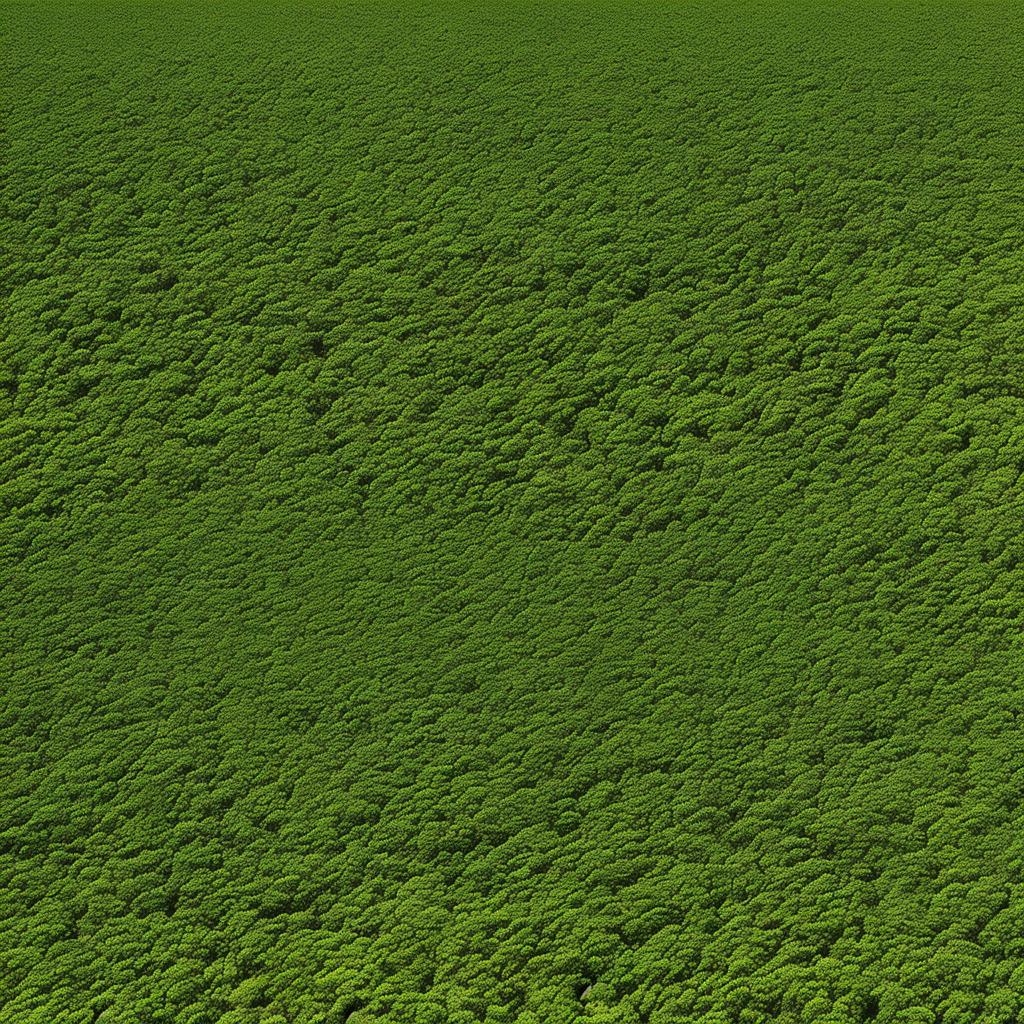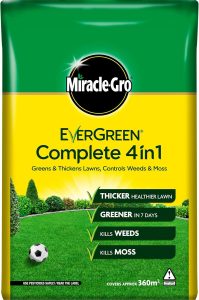Have you ever strolled down the garden aisle of a store only to be overwhelmed by the wide array of fertilizers available? From NPK ratios to micronutrients, the world of fertilizers can often seem cryptic. In this article, we will delve into the basics of fertilizers, starting with the essential NPK trio and extending beyond to explore the fascinating world of plant nutrition. So grab your gardening gloves and let’s unlock the secrets of fertilizers together.
– The Basics of NPK Fertilizers: Nitrogen, Phosphorus, and Potassium
NPK fertilizers, which contain the essential nutrients nitrogen, phosphorus, and potassium, are crucial for plant growth and health. Each of these nutrients plays a unique role in supporting the development of strong roots, vibrant leaves, and bountiful fruits and flowers.
**Nitrogen:** facilitates the growth of leaves and stems, giving plants their lush green color. **Phosphorus:** promotes strong root development and helps plants flower and set fruit. **Potassium:** aids in overall plant health by regulating water uptake and nutrient absorption, as well as increasing disease resistance. When choosing an NPK fertilizer, it’s important to consider the specific needs of your plants and ensure you’re providing them with the right balance of nutrients for optimal growth and productivity.
– Unlocking the Role of Micronutrients in Plant Growth
When it comes to plant growth, understanding the role of micronutrients is crucial. While NPK (Nitrogen, Phosphorus, Potassium) are the primary macronutrients necessary for plant development, micronutrients play a vital role in ensuring overall health and productivity. These essential elements, such as iron, zinc, manganese, and copper, are required in small quantities but are just as important for proper growth and function.
Iron, for example, is essential for chlorophyll synthesis, while zinc is crucial for enzyme function. Manganese aids in photosynthesis, and copper plays a role in plant metabolism. Without these micronutrients, plants can suffer from stunted growth, poor fruit development, and increased susceptibility to diseases. By unlocking the role of micronutrients in plant growth, gardeners and farmers can optimize their fertilizer practices to ensure healthy and thriving crops.
– Choosing the Right Fertilizer for Your Garden
When it comes to choosing the right fertilizer for your garden, it’s important to understand the basics of NPK and beyond. NPK stands for nitrogen, phosphorus, and potassium, which are the three key nutrients that plants need to thrive. Each nutrient plays a crucial role in different aspects of plant growth and development. Nitrogen helps with leafy green growth, phosphorus promotes root development and flower production, and potassium aids in overall plant health and disease resistance.
Aside from NPK, there are other essential nutrients that plants require, such as calcium, magnesium, and sulfur. These micronutrients may not be needed in large quantities, but they are still vital for plant growth. Before choosing a fertilizer for your garden, consider conducting a soil test to determine which nutrients are lacking. This will help you select the right fertilizer blend to ensure your plants are getting everything they need to thrive.
– Understanding Organic vs. Synthetic Fertilizers
When it comes to fertilizers, there are two main categories to consider: organic and synthetic. Both types have their own advantages and drawbacks, so it’s important to understand the differences between them before deciding which option is best for your gardening needs.
Organic fertilizers are derived from natural sources such as compost, manure, and bone meal. They are slow-release and provide a steady source of nutrients for plants over time. On the other hand, synthetic fertilizers are made from chemical compounds and typically provide a quick boost of nutrients to plants. While organic fertilizers are better for improving soil health and promoting long-term growth, synthetic fertilizers can be more immediately effective in addressing nutrient deficiencies. **Choosing the right type of fertilizer depends on your gardening goals and preferences**, so it’s important to weigh the pros and cons of each option before making a decision.
In Retrospect
In conclusion, understanding fertilizers goes far beyond just knowing about NPK. By delving deeper into the world of plant nutrition and soil health, we can unlock the full potential of our gardens and crops. From micronutrients to organic fertilizers, there is a wealth of information waiting to be explored. So next time you reach for a bag of fertilizer, remember that you are not just feeding your plants, but nurturing an entire ecosystem beneath the surface. Happy gardening!




